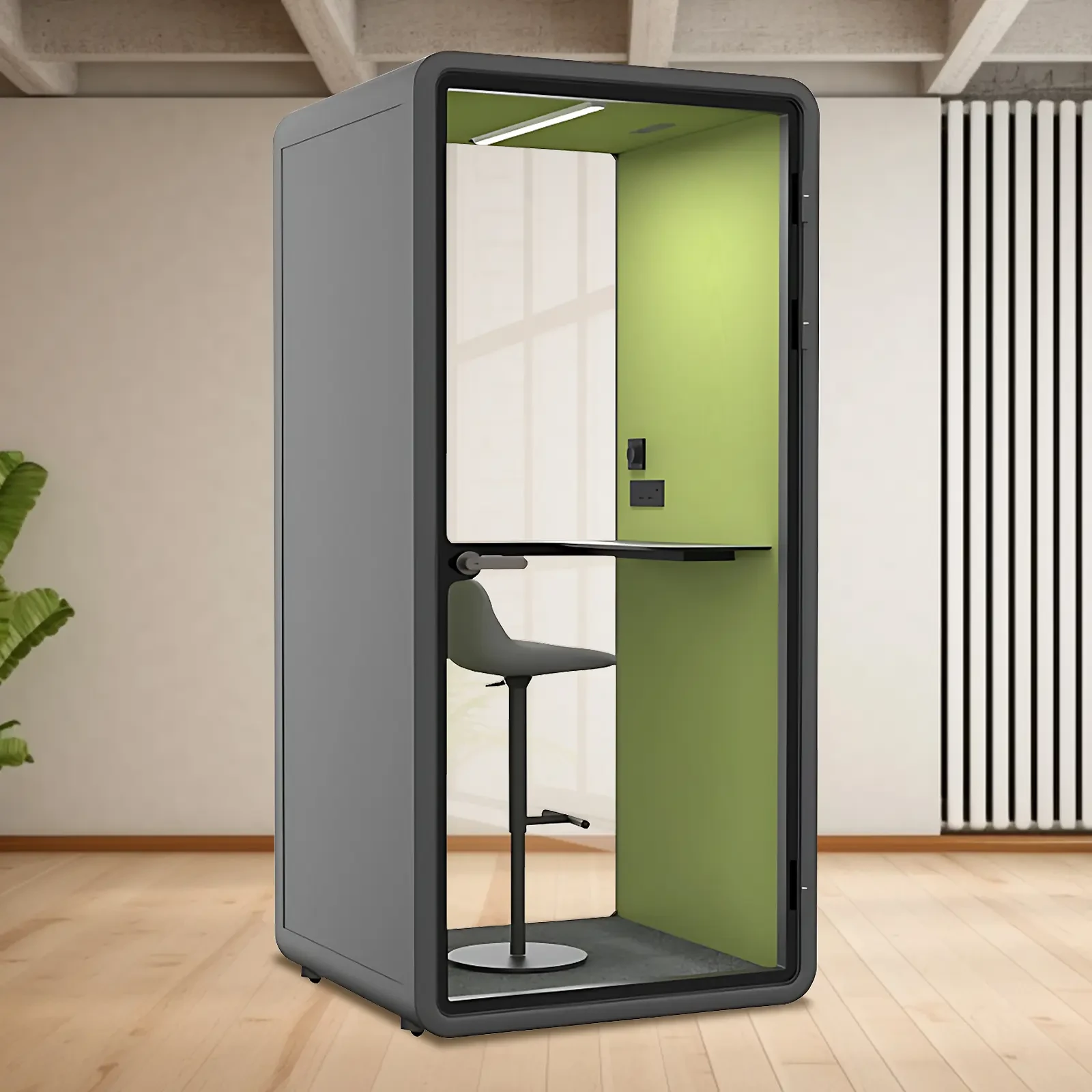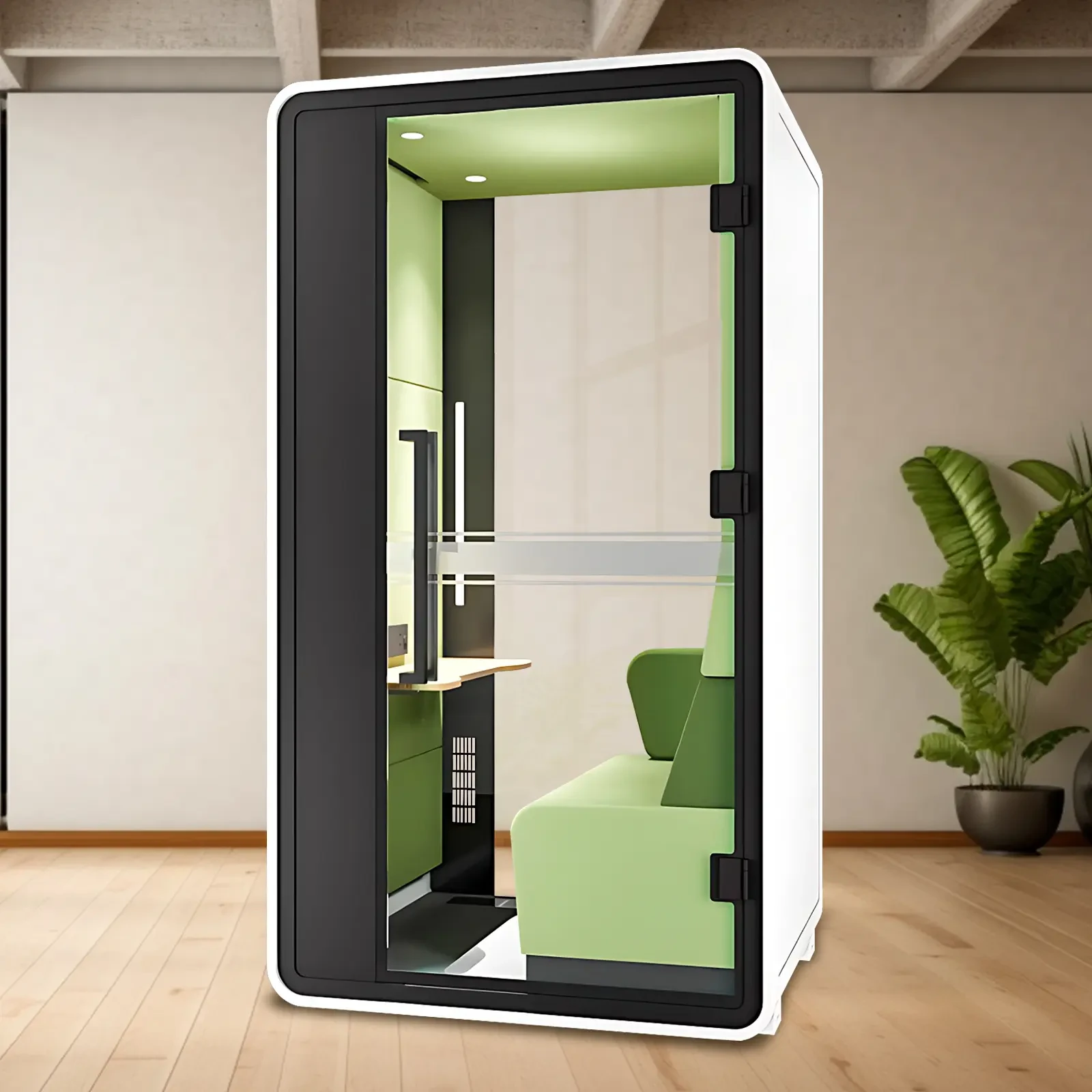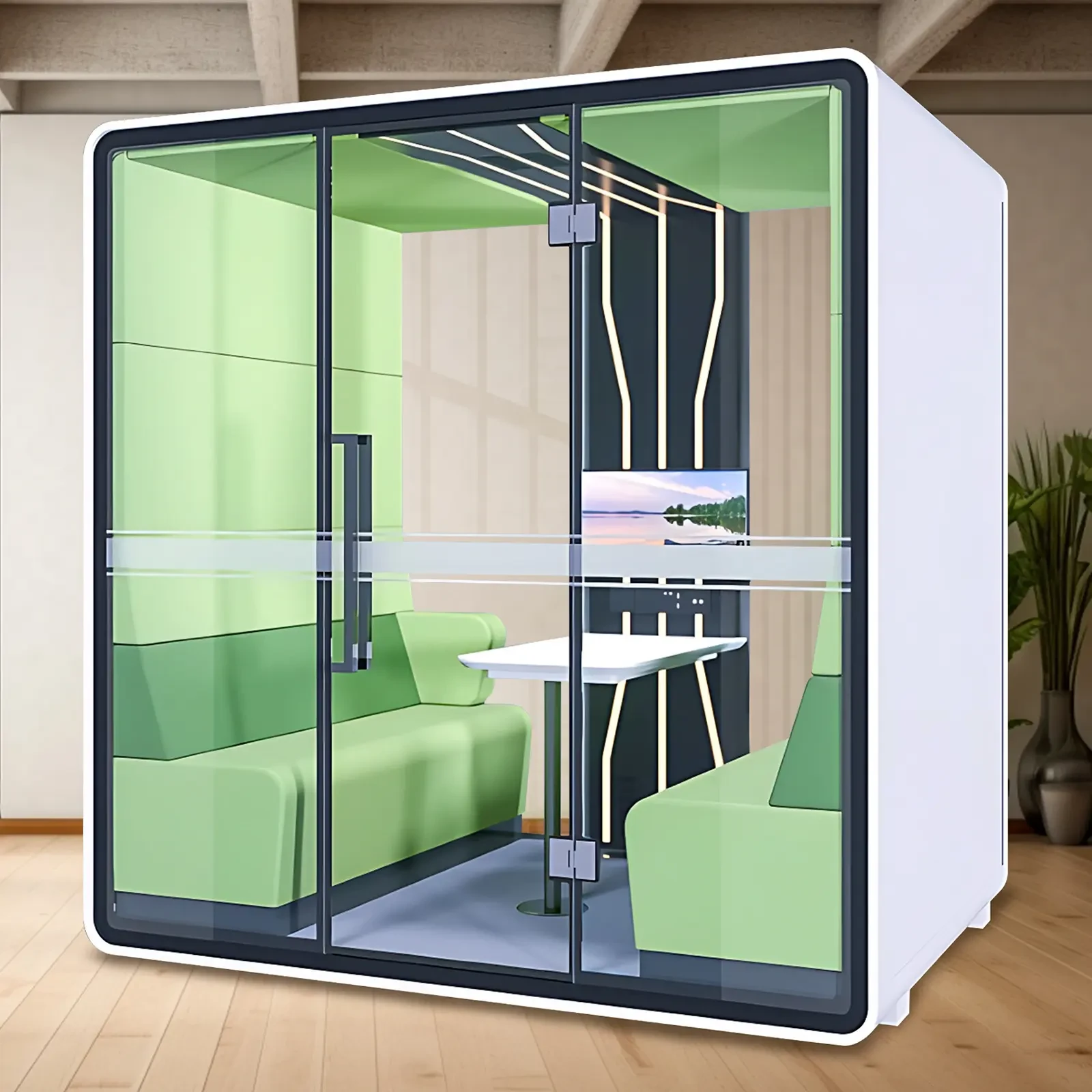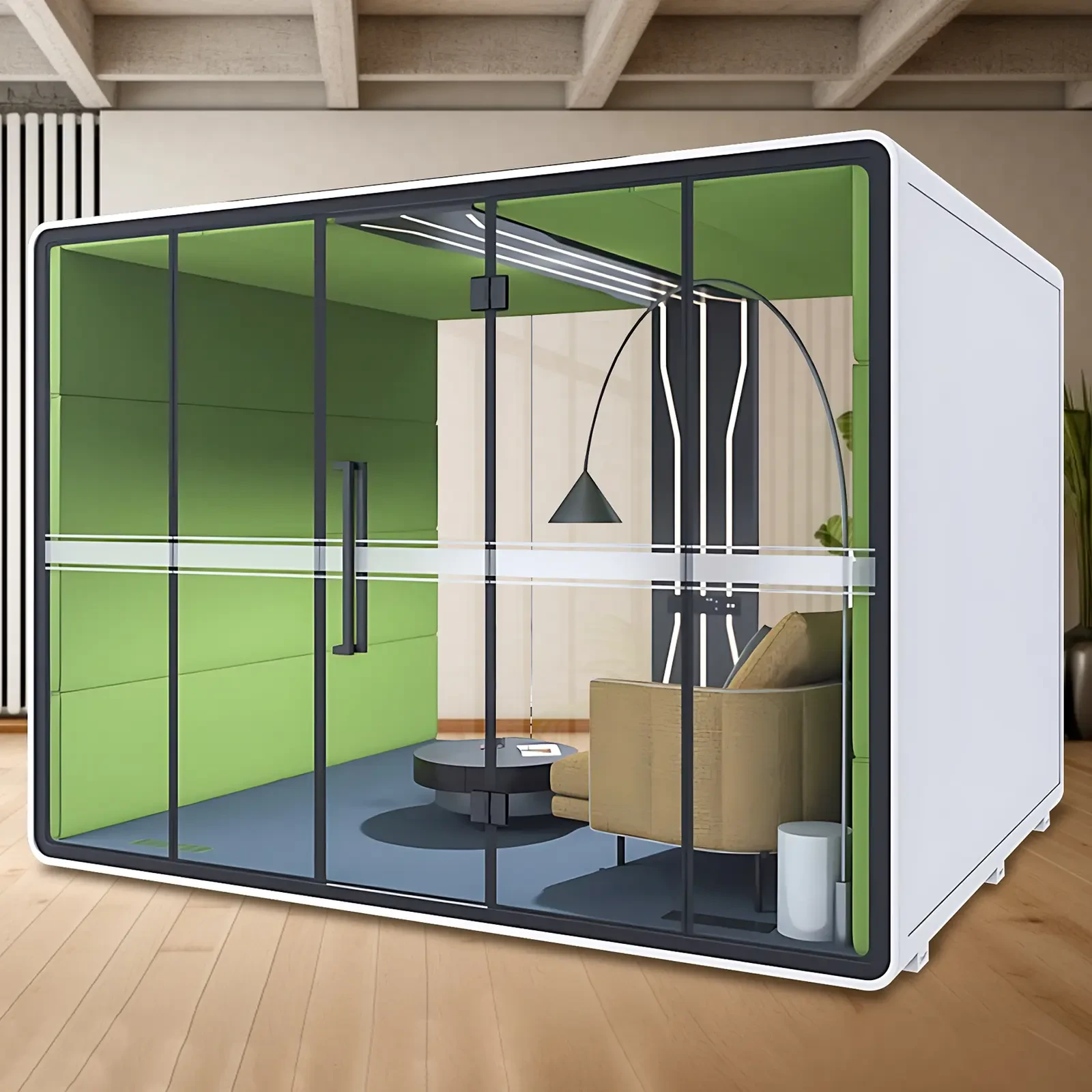The choice of sound insulation materials is crucial for different application scenarios. Below is an analysis of several common sound insulation materials and their sound insulation effects:
**Mass Loaded Vinyl (MLV):**
Characteristics: This material is heavy and dense, commonly used for sound insulation of walls, ceilings, and floors.
Sound Insulation Effect: Excellent. It effectively blocks airborne sound, especially low-to-mid-frequency sounds.
**Gypsum Board:**
Characteristics: Gypsum board is relatively inexpensive, easy to install, and can increase wall thickness, thus improving sound insulation.
Sound Insulation Effect: Good. Using multiple layers of gypsum board with added sound insulation materials can effectively improve sound insulation performance.
**Mineral Wool/Fiberglass:**
Characteristics: This material has good sound absorption properties and is often used as filling material inside walls and ceilings.
Sound Insulation Effect: Good to Excellent. It can absorb and attenuate sound waves, especially mid-to-high frequency sounds, but needs to be used in combination with other soundproofing materials to achieve the best effect.
Acoustic Foam:
Features: This material is lightweight and easy to handle, often used for acoustic treatment inside rooms rather than structural soundproofing.
Soundproofing effect: Moderate. Primarily used to absorb echoes and reflected sound, not for complete soundproofing.
Soundproof Windows:
Features: Uses multi-layered glass and an airtight soundproof layer, effectively blocking external noise.
Soundproofing effect: Excellent. Particularly suitable for rooms requiring isolation from external noise.
Composite Soundproof Panels:
Features: Composed of multiple soundproofing materials, offering good overall soundproofing performance.
Soundproofing effect: Excellent. Commonly used in applications requiring high soundproofing, such as recording studios and home theaters.
Soundproof Doors:
Features: Typically uses a multi-layered material design, providing good sealing performance.
Sound insulation performance: Good to excellent. The effect is even better when a dedicated soundproofing strip is used between the door frame and the door leaf.
In summary, the most soundproofing materials are often high-density, high-quality materials, such as mass damping materials and composite soundproofing panels. However, optimal sound insulation usually requires a combination of materials. For example, filling the walls with mineral wool or glass wool, and then covering them with multiple layers of gypsum board and mass damping materials, can significantly improve overall sound insulation performance. The specific material chosen should be determined based on actual needs and application scenarios.

 USD
USD
 GBP
GBP
 EUR
EUR






